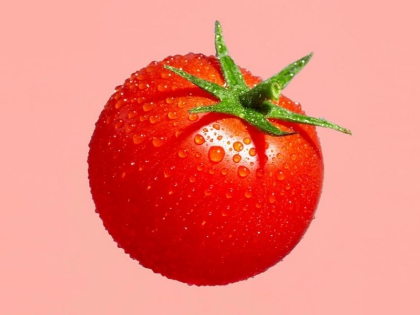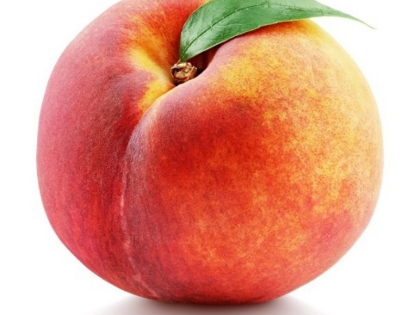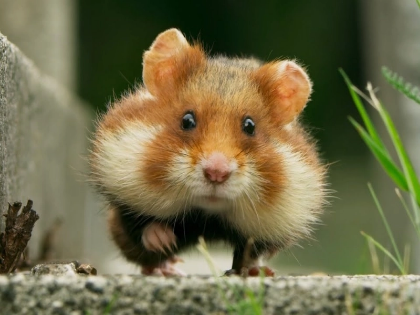Goldfish are smart fish with extensive memories that can be domesticated. They can even be taught to execute synchronised routines with their owners and swim through mazes.
Omnivorous goldfish may survive in ponds, lakes, rivers, streams, aquariums, and other bodies of water. They want water that is between 50°F and 76°F for habitation.
They have four colours.
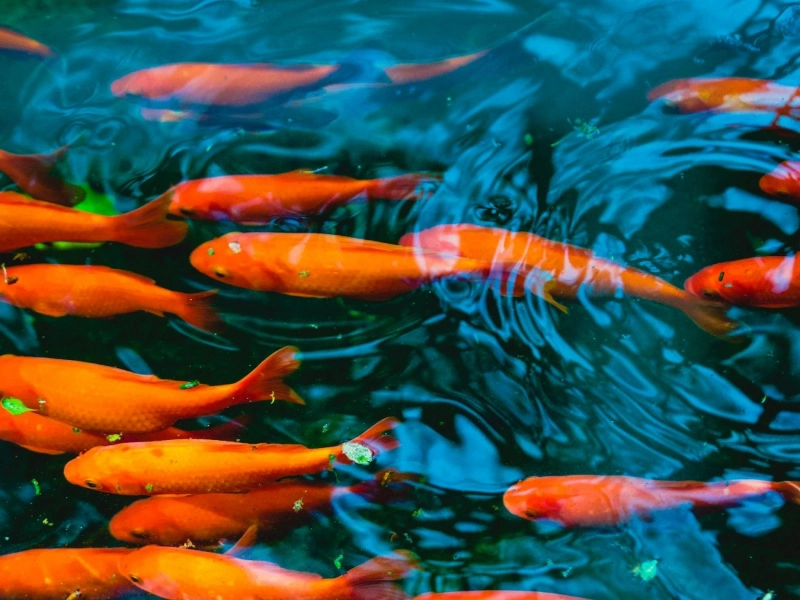
Advertisement
Since goldfish have four primary colours of vision (red, blue, yellow, and ultraviolet), they are tetrachromats. This enables them to distinguish between various foods, identify predators, and evaluate the nutritional adequacy of their surroundings.
The quantity of chromatophores, which are found in iridocytes, determines a goldfish's colour. These multilayer nano-reflector iridocytes can provide a wide range of hue variations. The chromatophores might be located deep within the skin, just below the scales, or on the skin's surface.
In order to find substances like pheromones and other food sources, goldfish use a pair of flaps above their mouths called nares. They use their sense of smell to find their way in the dark and avoid potential predators. This makes it easier for them to move around their ponds and tanks without running into other fish or solid things.
They eat everything.
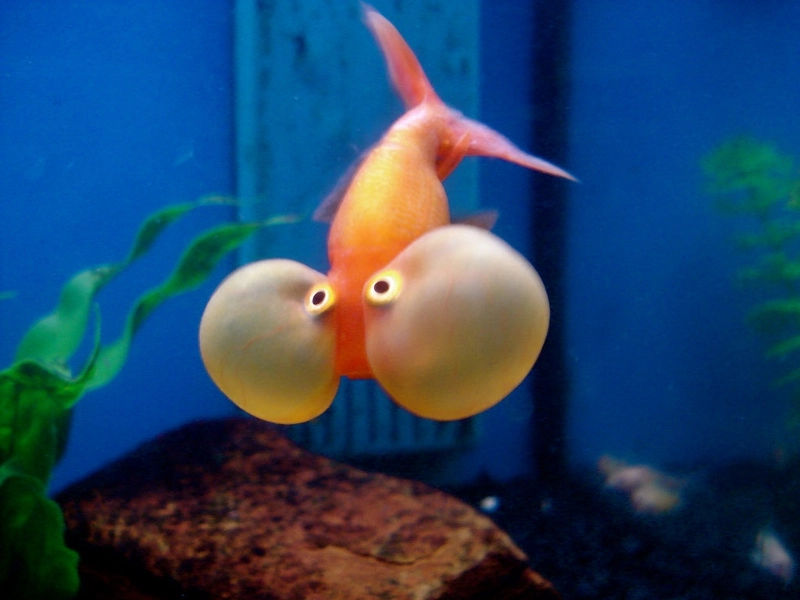
In the wild, goldfish are opportunistic eaters who consume plant materials, zooplankton, insects, and small crustaceans. In captivity, freeze-dried tubifex worms, mosquito larvae, daphnia, and bloodworms are frequently added to their diets.
Inside and outside of their mouths, goldfish have taste buds that allow them to sense various flavours. Even distinct faces can be distinguished by them. They can pick up new skills like pulling levers or swimming through hoops.
Due to their poikilothermic nature, goldfish consume more frequently in hotter water. Since they lack stomachs, they must consume simple foods in short bursts. Even though a single goldfish might live for decades with the right care, many of them become stunted in aquariums with little space or unclean water. 43 years were reportedly lived by one goldfish.
They scavenge for food.
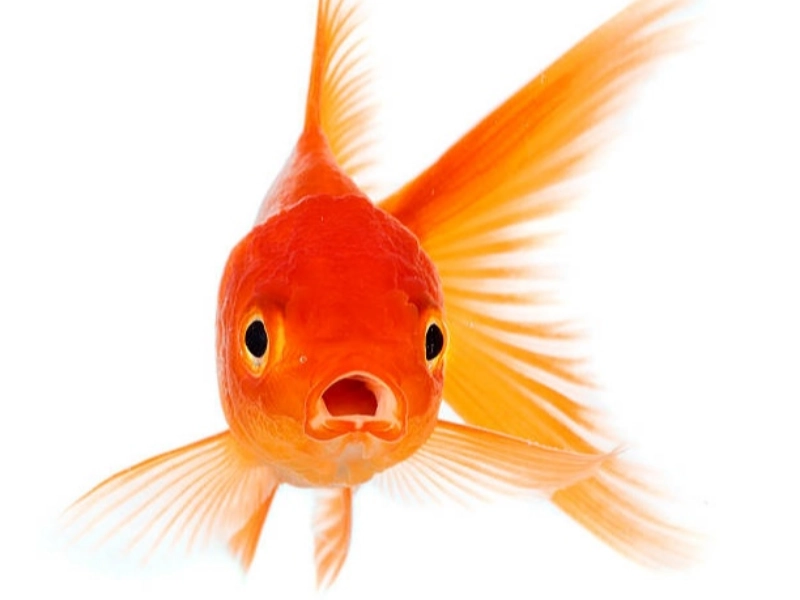
Goldfish have a long memory, not just three seconds, as is commonly believed. They may go up to three weeks without eating because they can store fat.
They consume plant materials, insects, and crustaceans in the wild. They are opportunistic feeders who frequently overeat, which is harmful to their health.
Their colours, fin forms, and tail lengths vary widely. Today, a wide variety of "fancy" goldfish strains, including comets, shubunkins, fantails, orandas, lionheads, and ranchus, are accessible thanks to selective breeding. They are a fantastic option for novices because they require little maintenance and do well in a variety of temperature ranges. They are a highly-liked option among aquarists and thrive well in a tropical tank as well. The bristlenose catfish is a great addition to any goldfish aquarium since it scavenges for food scraps and algae to keep the water clear.
They are sociable.
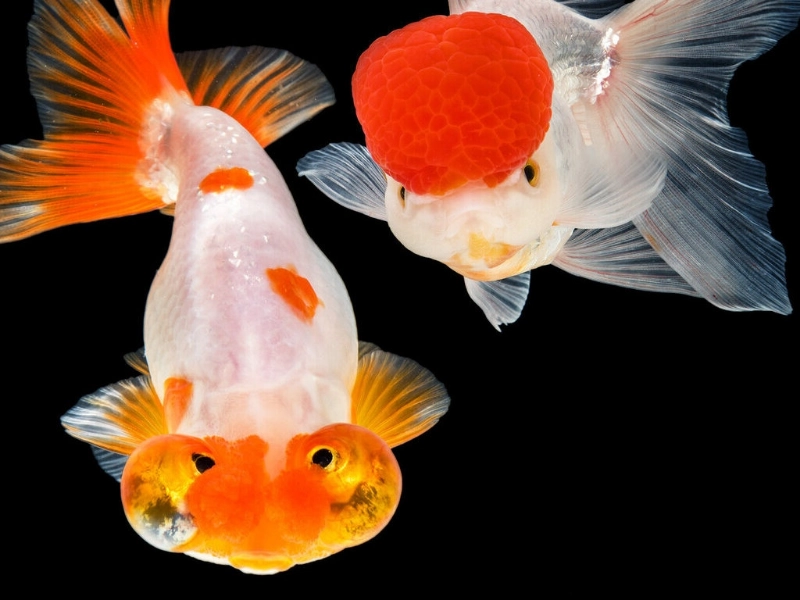
Goldfish are found in communities known as schools or shoals. By secreting molecules that warn other goldfish of changes in their environment, they communicate with one another. They can aid one another in hunting and avoiding predators in this way. Additionally, they detect poisons and other threats using their scales.
Goldfish may be taught to identify humans by voice or sight, including their owners. They can even tell the difference between various musical compositions. They'll get used to people and stop viewing them as potential risks as a result.
Goldfish generally get along with one another and don't fight or hurt one another. Their rivalry over food is the only significant danger they present to one another. Faster breeds can readily consume all the food at a feeding before fancier varieties can get to it, including common and comet goldfish.
They are knowledgeable.
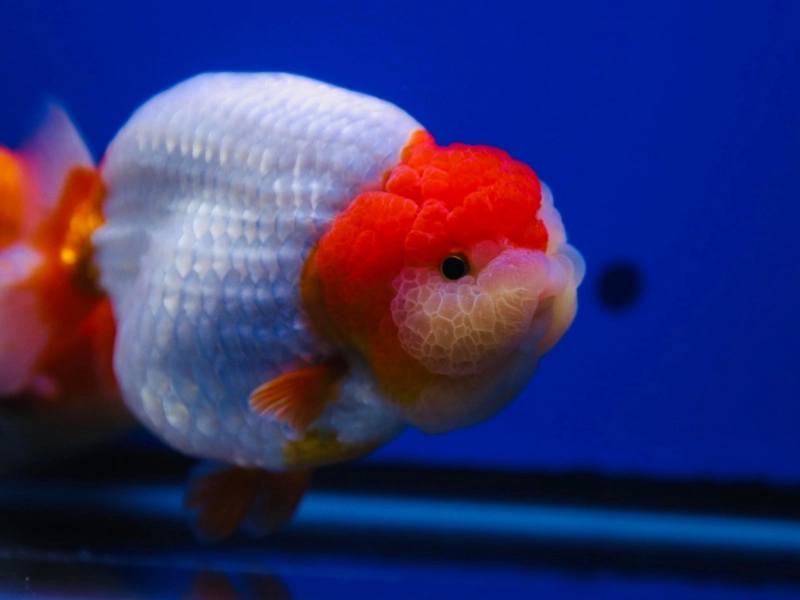
Although it's a common misperception, goldfish are actually highly intelligent creatures. It has been demonstrated that they can identify their owners, recall their regular routines, and even pick up new skills. They are able to differentiate between sounds, faces, forms, and colours. They have been observed by scientists navigating (and completing) mazes and identifying their tankmates.
In fact, if you give your goldfish enough stimulation, they'll stop being afraid of you and start learning to anticipate meals. This is because social interaction might help them improve their cognitive skills and memory. This is another reason why it's crucial to keep your goldfish in a sizable tank and make sure the water is clean. They will grow happier, healthier, and smarter as a result of this.







